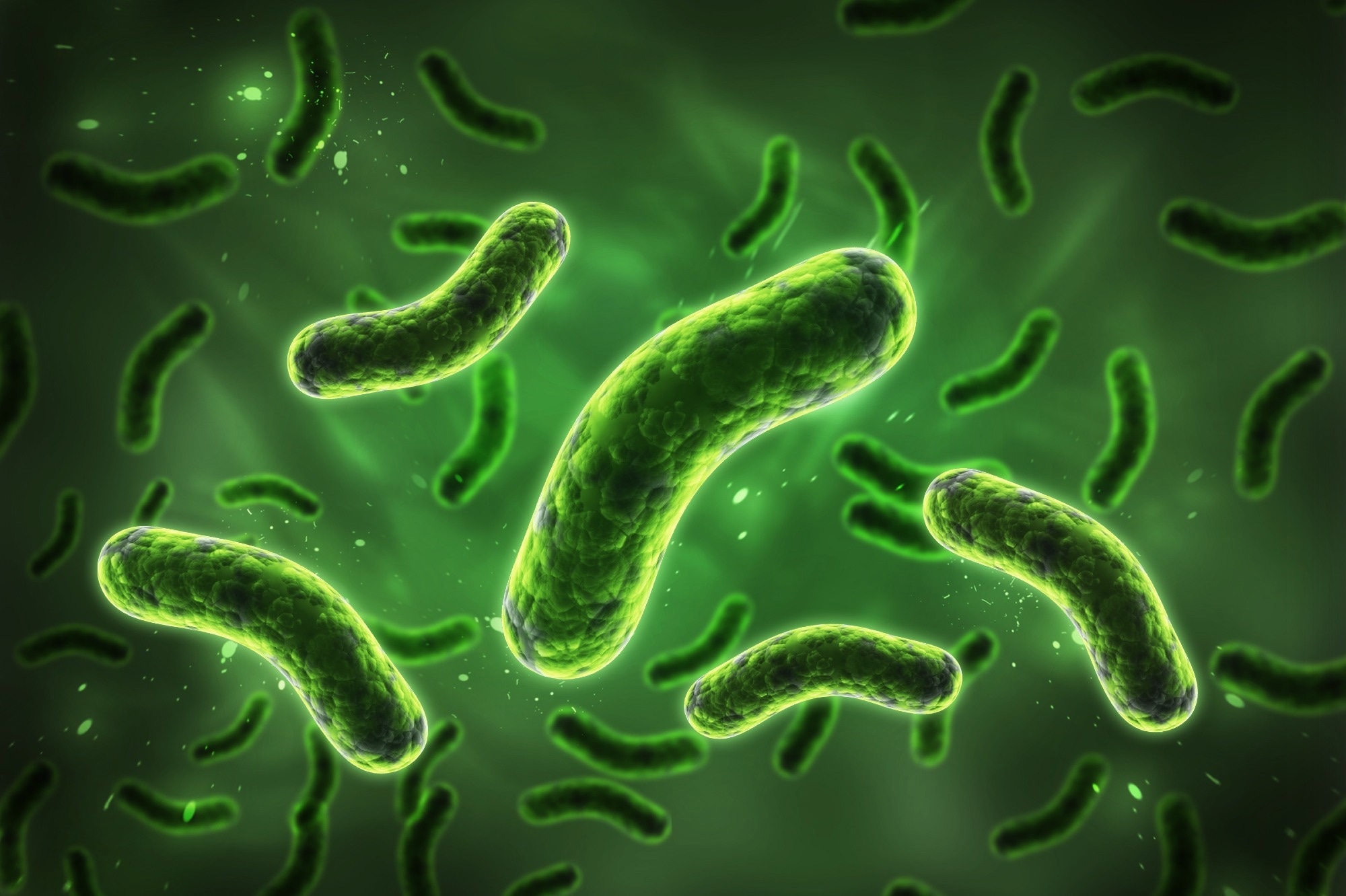Major depressive disorder (MDD) is a leading cause of disability in millions of people worldwide. Importantly, the gut microbiome can contribute to stress-related responses in patients experiencing depression.
 Study: Microbiota-Induced Epigenetic Alterations in Depressive Disorders Are Targets for Nutritional and Probiotic Therapies. Image Credit: RAJ CREATIONSZ / Shutterstock.com
Study: Microbiota-Induced Epigenetic Alterations in Depressive Disorders Are Targets for Nutritional and Probiotic Therapies. Image Credit: RAJ CREATIONSZ / Shutterstock.com
Leaky gut, depressive disorders, and metabolites
The intestinal epithelial barrier prevents many toxins and pathogens from entering the lumen. However, certain events like stress can facilitate a leaky gut, which increases the risk of gastrointestinal anomalies and depressive disorders. Other environmental factors like pollution and the consumption of residues in food products like pesticides can also disturb gut permeability and alter the gut microbiome.
Among short-chain fatty acids (SCFAs), butyrate is key to maintaining proper gastrointestinal health. Previous studies have shown that any disruption in the butyrate-mediated gut-blood barrier integrity could lead to depressive disorders.
Depression, maternal diet, and environmental contaminants
Maternal diet during gestation is essential for the neurological development of offspring through alterations in the gut microbiome. Unhealthy modern diets could lead to maternal dysbiosis and subsequently reduce the presence of butyrate-producing bacteria like Firmicutes phylum. This could reduce the levels of neuroactive metabolites in maternal milk, thereby increasing anxiety- and depression-like behaviors in offspring.
Exposure to chemicals like pesticides could also lead to depressive disorders, as it may cause abnormalities in the gut microbiome. Furthermore, certain pesticides, such as glyphosate, can adversely affect neurodevelopment and neuroplasticity by crossing the placental barrier.
Probiotics and fecal microbiota transplantation (FMT) for depressive disorders
FMT involves the transfer of fecal matter into the gastrointestinal tract of a recipient from a healthy individual. FMT has been shown to be effective in experimentally-induced models of depressive disorders. In fact, one recent study on human subjects revealed that the effectiveness of FMT in mitigating MDD could be due to the abundance of SCFA-producing bacteria like Butyrivibrio and Faecalibacterium in the gastrointestinal tract.
Probiotics use epigenetic mechanisms to modulate the host immune response and maintain intestinal homeostasis. In mouse models, Clostridium butyricum has been used to mitigate depression-like behaviors due to its ability to secrete high levels of butyrate, a strong anti-inflammatory agent and epigenetic modifier.
Polyphenols, herbal medicine, antipsychotics, and antidepressant drugs
By changing the bacterial community structure and distribution, herbal medicine, and polyphenols act as viable candidates for mitigating depression-like behaviors. For example, crocetin, an antidepressant compound found in saffron, raises levels of Turicibacter, Alistipes, and Romboutsia, which can alleviate depression-like behaviors.
Research has demonstrated that antipsychotic drugs alleviate depressive disorders by replenishing butyrate-producing bacteria levels. Likewise, psychotropic drugs can trigger antidepressant effects by modulating the composition and function of gut bacteria. Antidepressants, such as tricyclic antidepressants and selective serotonin reuptake inhibitors, also affect intestinal permeability, microbiome composition, and gastrointestinal function.
The role of antibiotics and gut microbiota-related vitamins
Antibiotics have been shown to mitigate depression-like behaviors by facilitating the growth of helpful bacteria like Lactobacilli and Bifidobacteria. One study showed the beneficial effects of minocycline in reducing inflammation and mitigating depression-like phenotypes, which was attributed to the abundance of Lachnospiraceae and Clostridiales Family XIII, both of which facilitate butyrate production.
The deficiency of vitamins produced by the gut microbiome has also been associated with several neurological diseases like depression. These vitamins could include thiamine (vitamin B1), niacin (vitamin B3), vitamin K, and folate.
The pathogenesis of mental health disorders could be attributed to the inability to synthesize vitamins, which could be caused by gut dysbiosis. Previous studies have shown that maternal deficiency of vitamins B6, B9, and B12 could lead to anxiety/depression-like behaviors and delayed development in the offspring through epigenetic alterations.
Challenges in translating gut microbiome research to treatments of depressive disorders
Medications targeted at the microbiome could present many therapeutic opportunities for improving mental health. However, additional research is needed to better understand how the bioactive metabolites of gut microorganisms influence human physiology during depression.
Another challenge is the heterogeneity in microbiome composition among various human populations and geographic regions around the world. Future studies must be conducted in diverse populations and at different developmental periods to address this issue.
Journal reference:
- Nohesara, S., Abdolmaleky, H. M., Zhou, J., & Thiagalingam, S. (2023) Microbiota-Induced Epigenetic Alterations in Depressive Disorders Are Targets for Nutritional and Probiotic Therapies. Genes 14(12); 2217. doi:10.3390/genes14122217